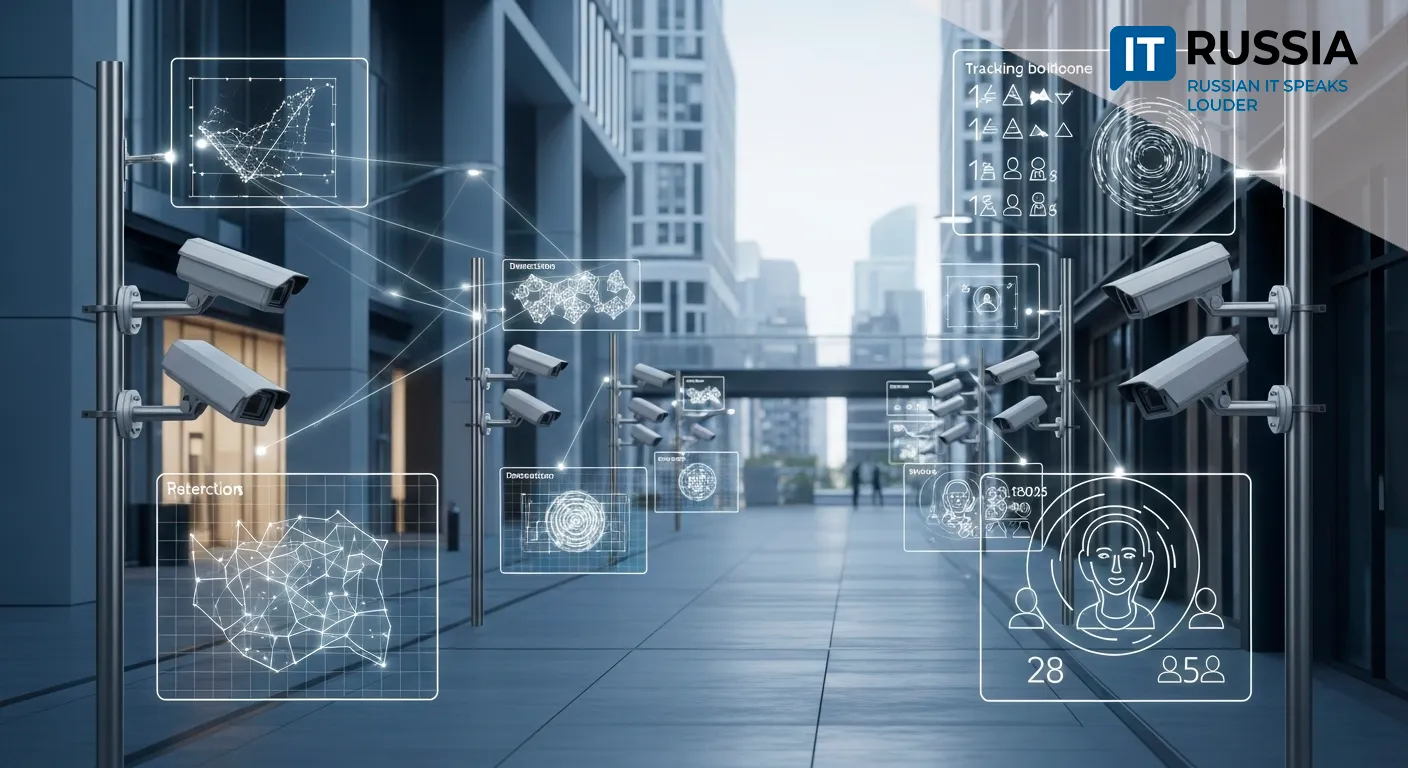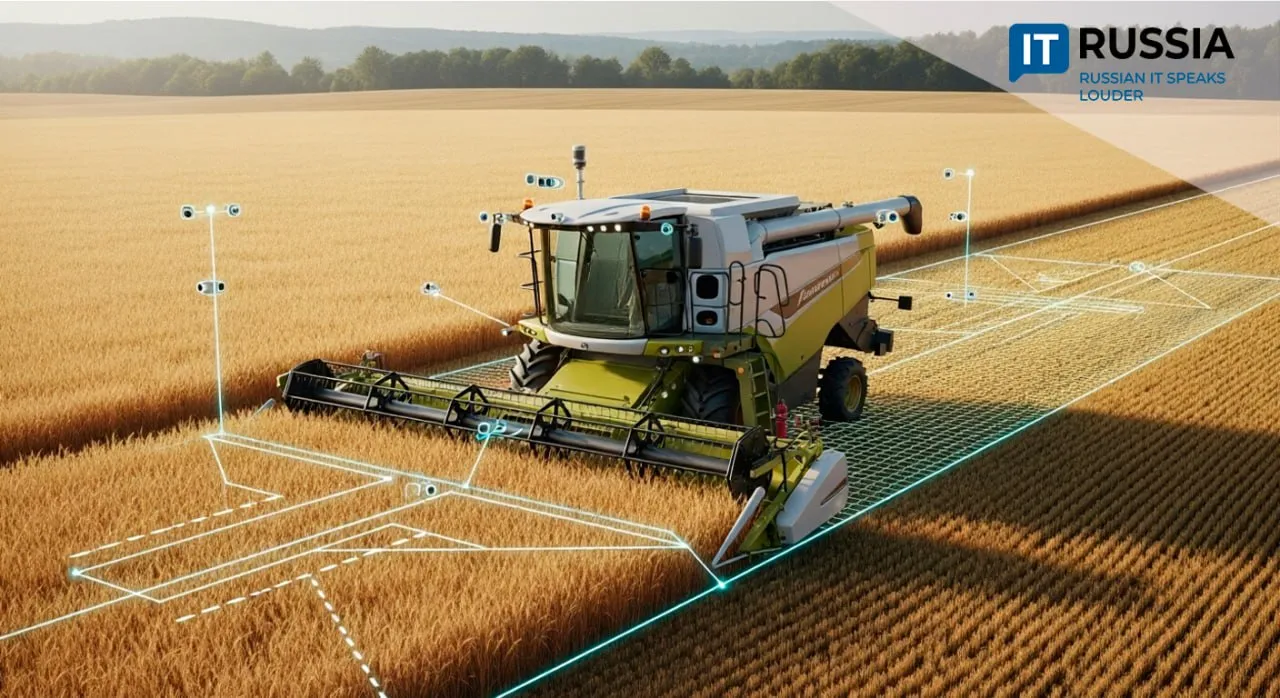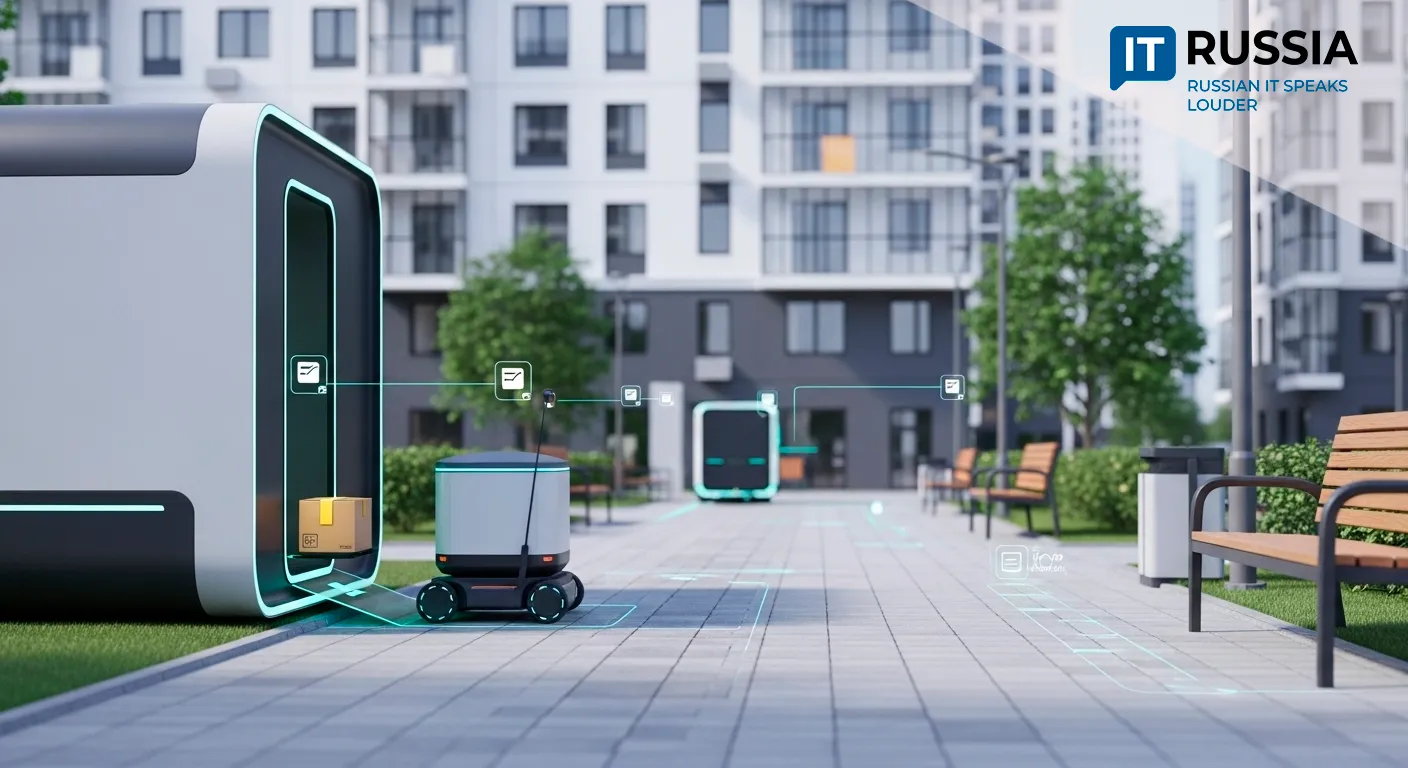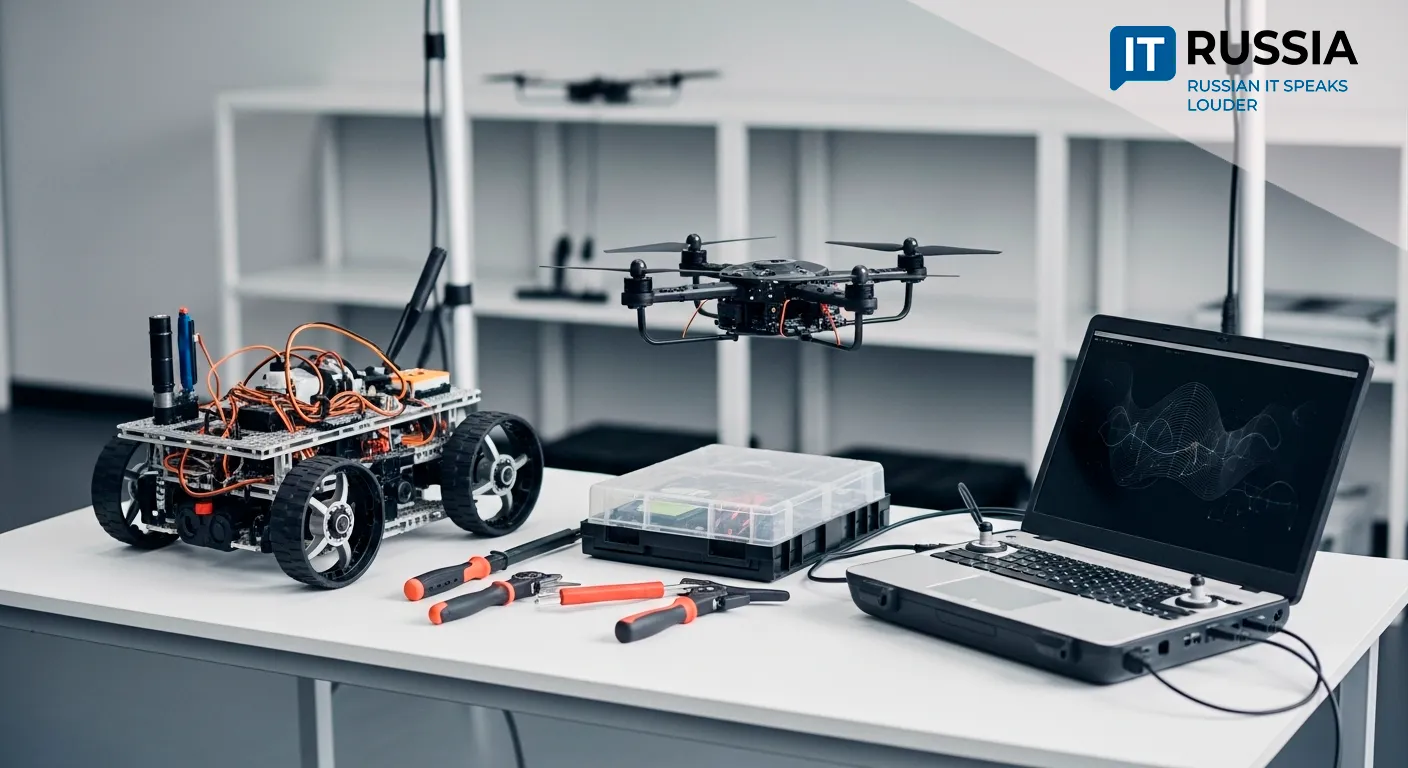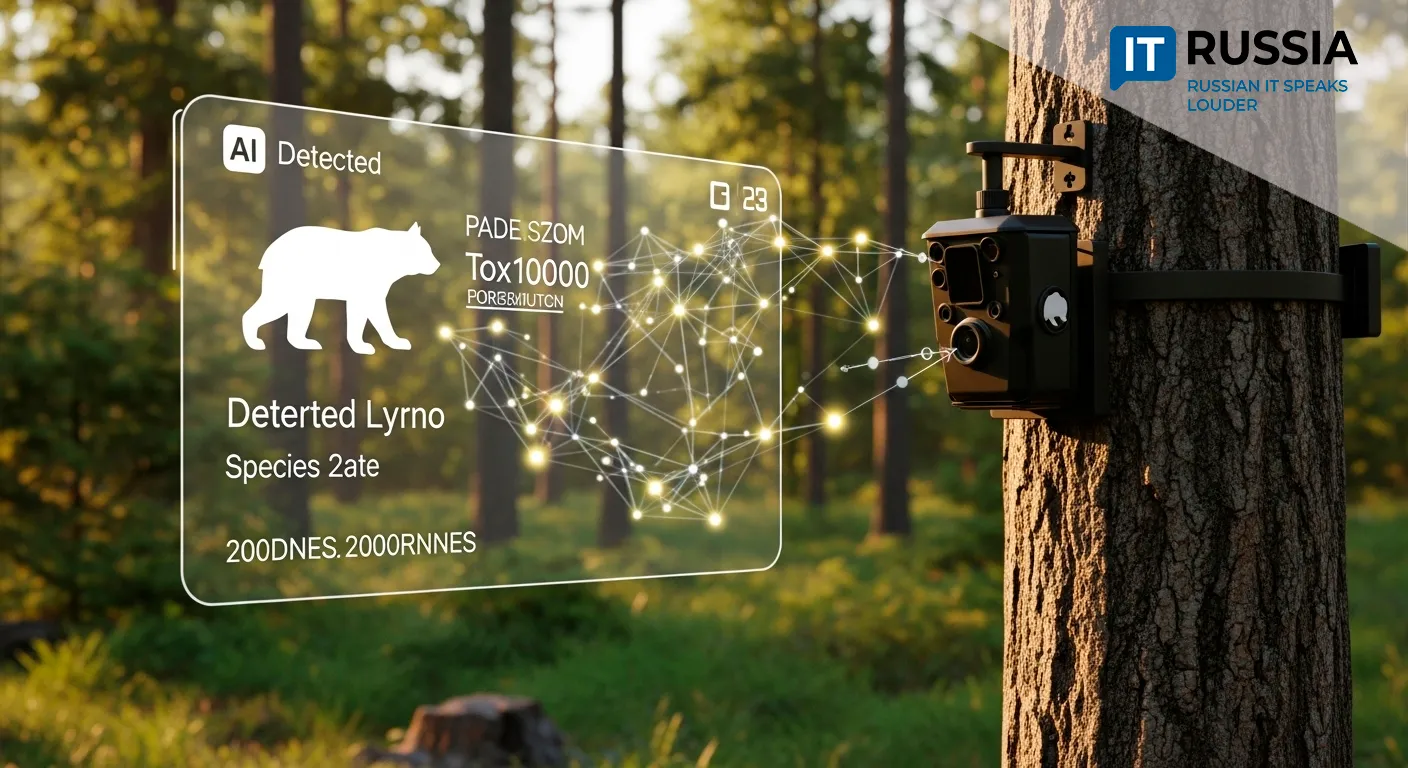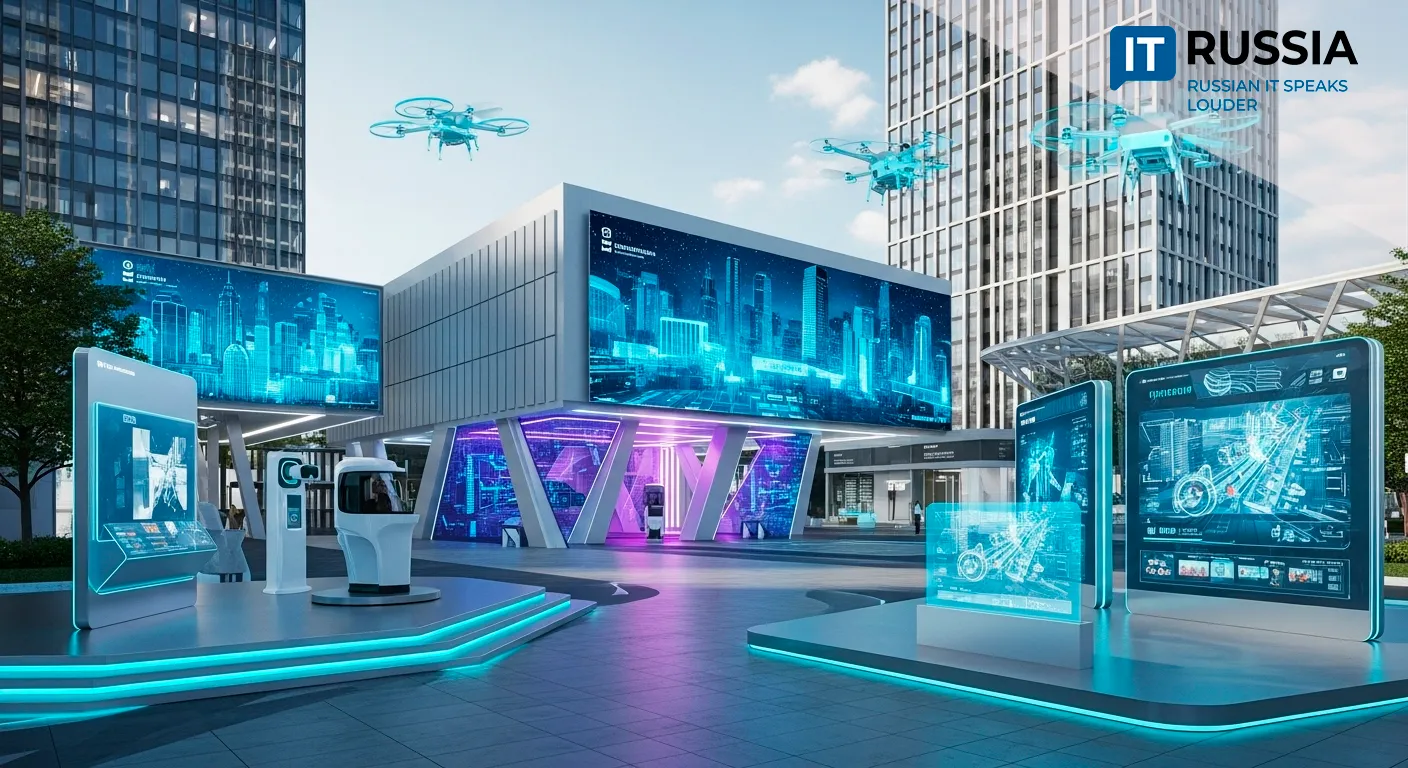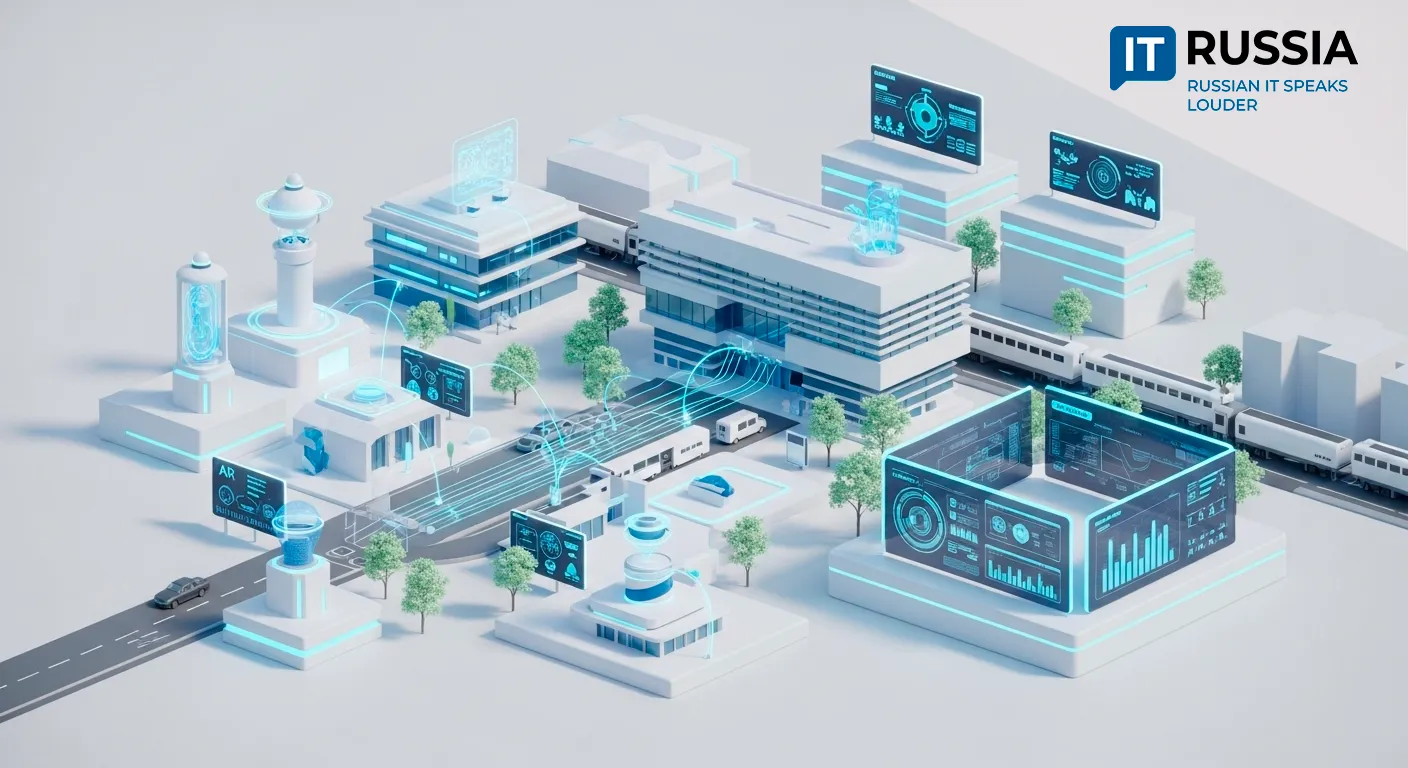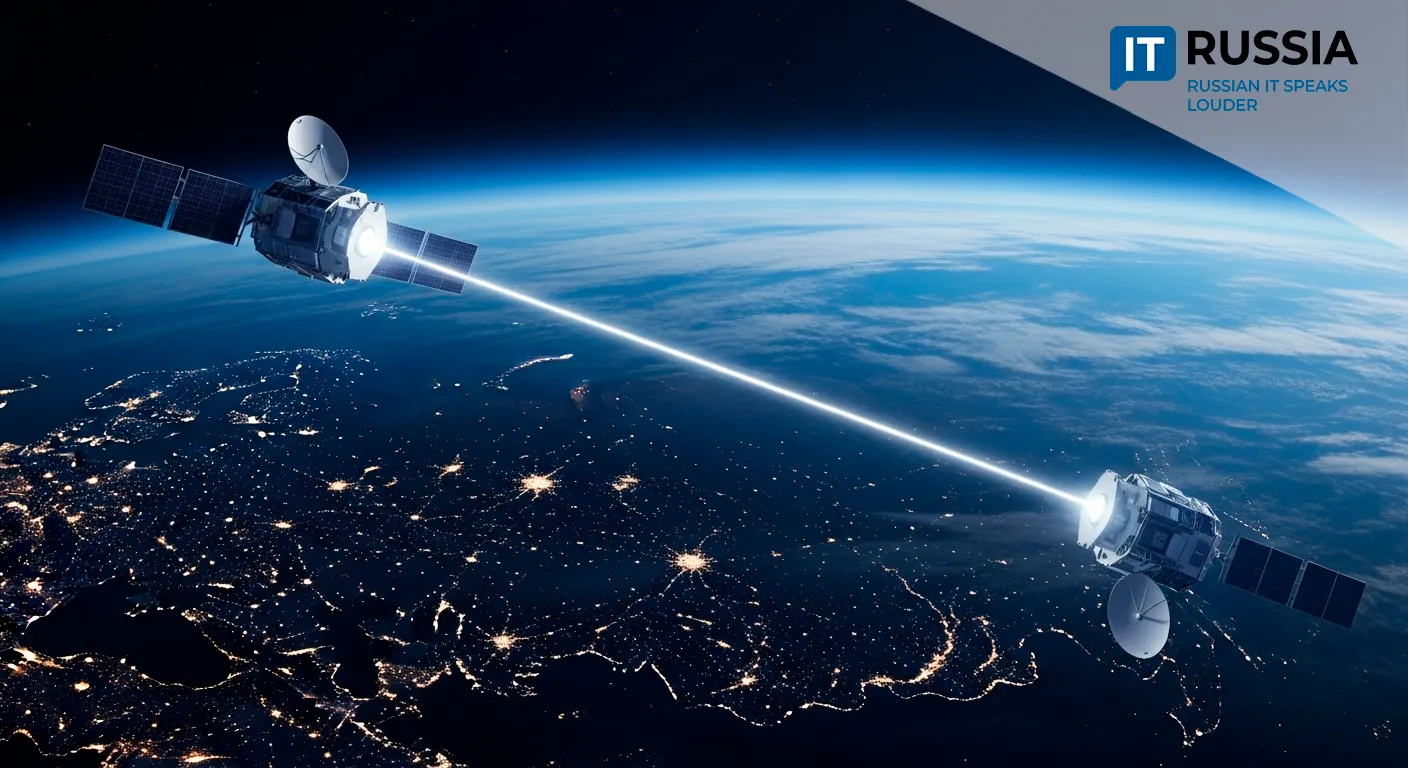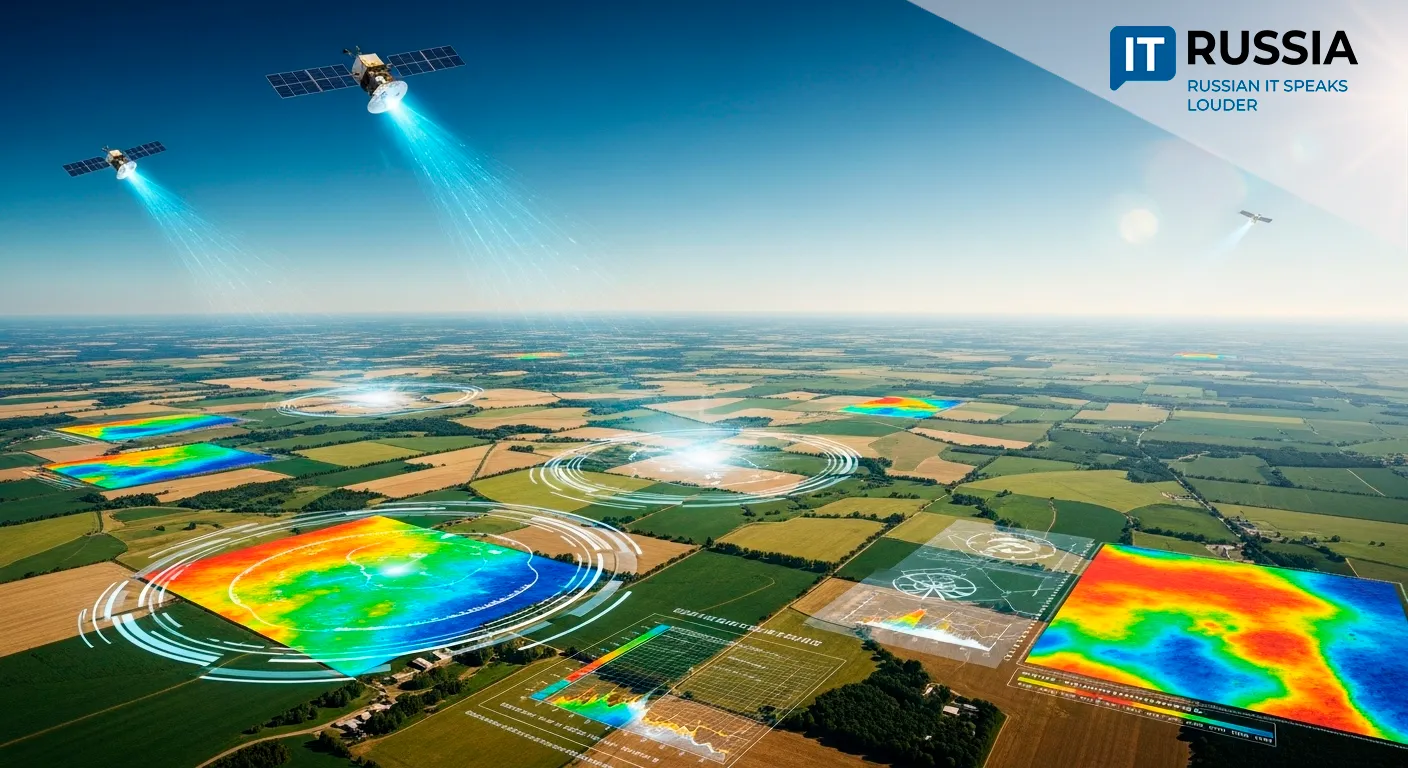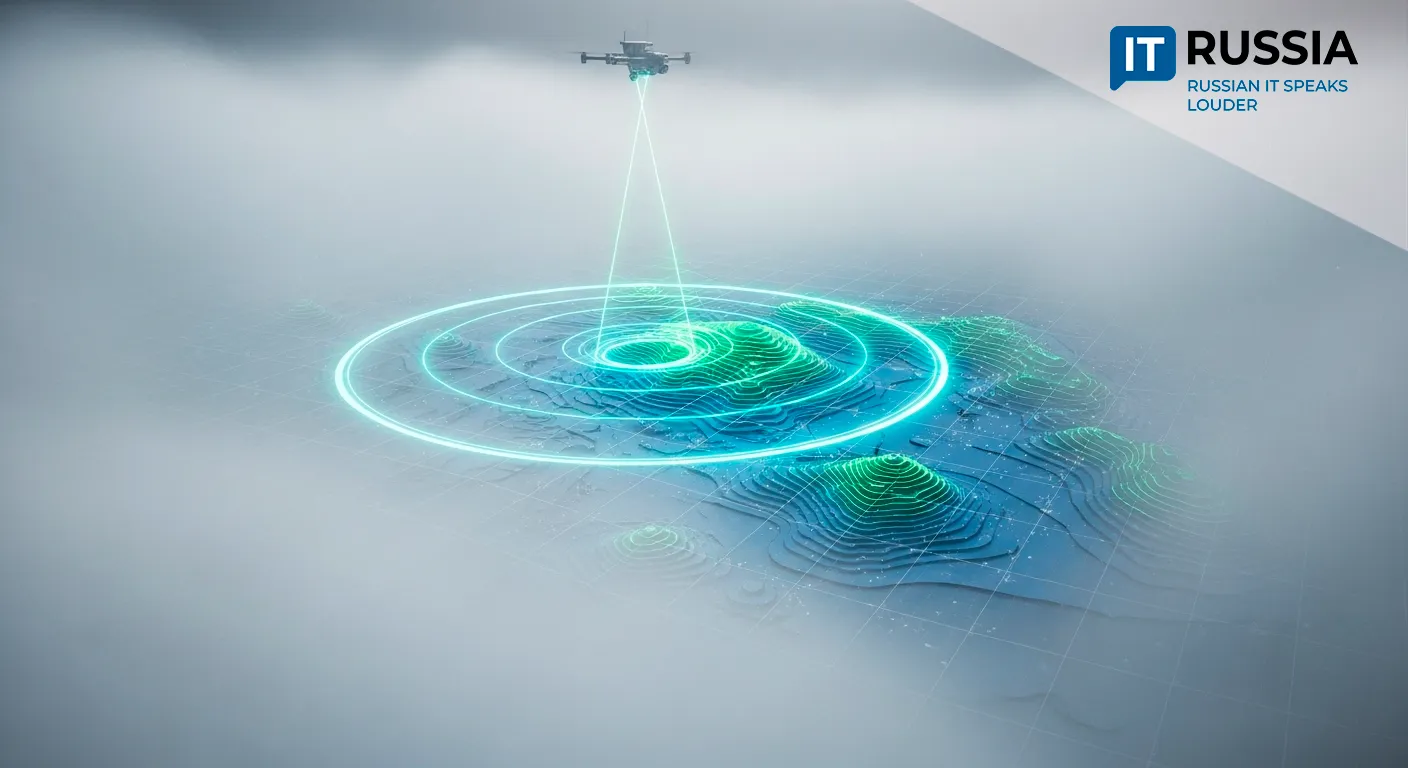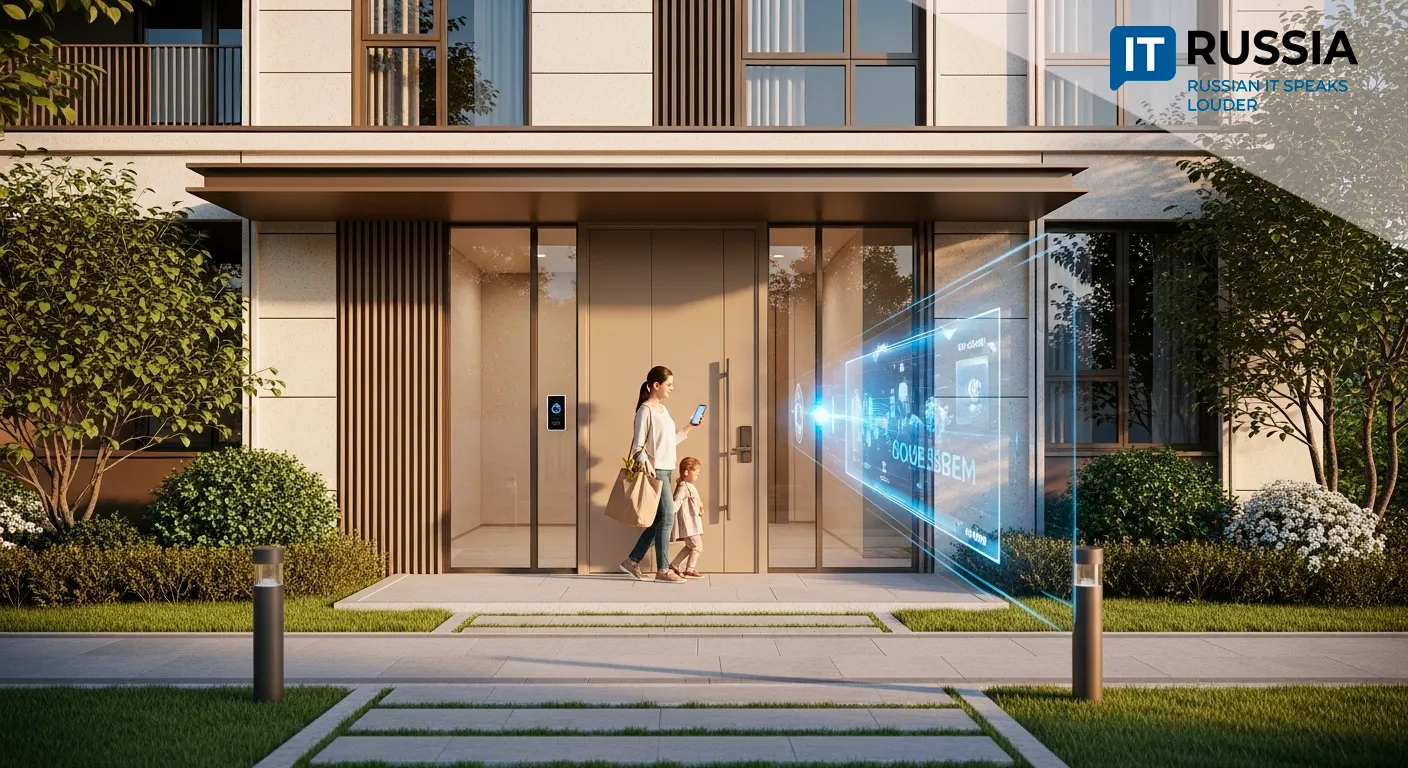Dzerzhinsk Launches Smart Urban Management Center: Data-Driven Sustainability in Action
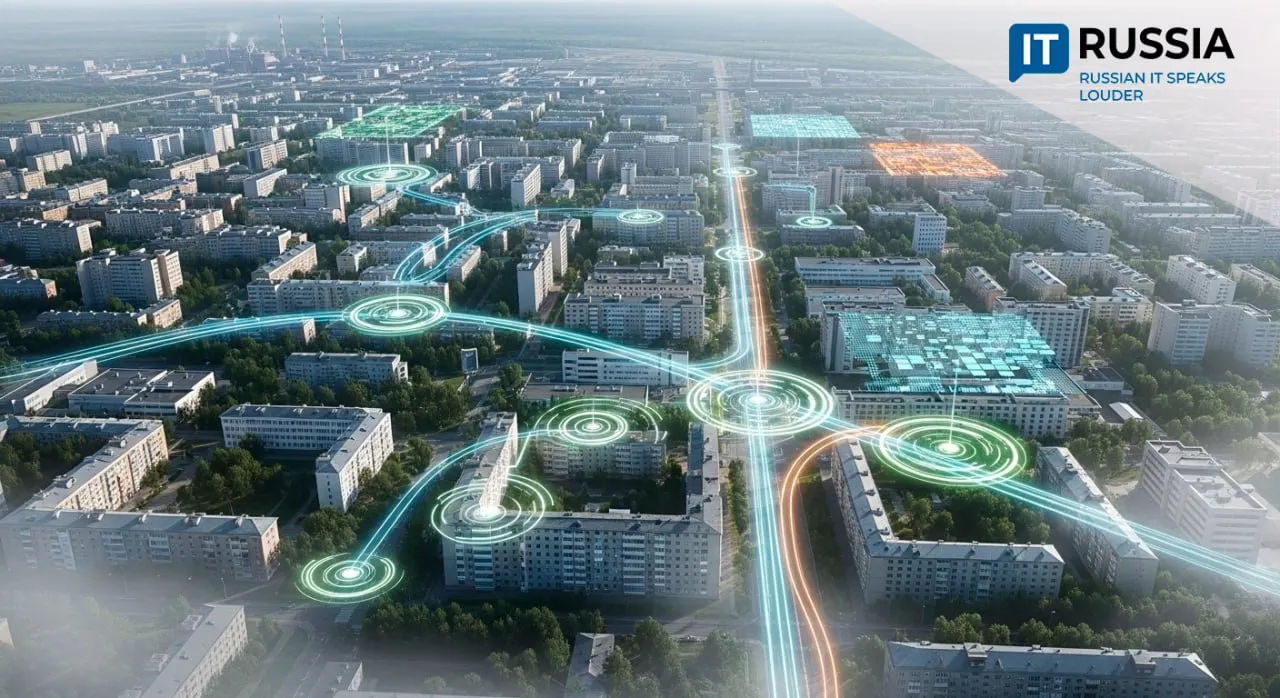
The city of Dzerzhinsk is establishing a Situation Center for Urban Management—an IT platform that will enhance transparency, accelerate municipal responses, and help the city transition into a smart and sustainable model of urban governance.
Smarter Governance Through Data
Artificial intelligence is already part of Dzerzhinsk’s public infrastructure. For instance, the Safe City system uses AI to detect road defects and infrastructure damage—streamlining the work of public services.
The new Situation Center for Urban Management (SCUM) will take these capabilities further. It will improve response times to citizen complaints, optimize utility operations, enhance road infrastructure, and boost safety. Complaints about potholes, substandard housing, or broken traffic lights will be handled automatically, reducing service delays.
This initiative isn’t just important for Dzerzhinsk—it also reinforces the Nizhny Novgorod region’s position as a leader in digital transformation. Over the past five years, the number of CCTV cameras in Dzerzhinsk has grown twelvefold.

In 2024, the city earned third place in the Smart City Awards, confirming its readiness for next-generation technologies.
Smart Cities Scaling Nationwide
Dzerzhinsk’s project is part of Russia’s federal Smart City program. If successful, it could be replicated in cities across the country—and potentially in CIS and Eastern European cities with similar urban challenges.
In the near future, the platform could be integrated with national digital services like Gosuslugi (e-government), the Safe City system, and municipal digital registries. Planned upgrades include environmental monitoring, public transport management, and emergency prediction capabilities.
The Dzerzhinsk model could serve as a blueprint for cities facing aging infrastructure, overloaded utility systems, and a growing need for transparent and efficient management.

Smart, Safe, and Sustainable
Across Russia, digital governance is gaining momentum. More and more regions are adopting smart technologies to modernize urban services.
In Nizhny Novgorod Oblast, AI tools help manage snow removal, detect illegal construction, and monitor public behavior—identifying smoking or dog walking in restricted areas. AI also monitors municipal infrastructure and waste collection.
In Tyumen, a round-the-clock monitoring system oversees 3,500 substations and 42,000 power lines, automatically alerting teams about outages. Moscow’s Safe City initiative has deployed more than 225,000 cameras and a network of environmental sensors.

AI now works with big data to identify violations such as faded lane markings or unauthorized graffiti, making city management more proactive and less reactive.
Stepping into the Future
Digitalization is becoming the new standard. Dzerzhinsk’s Situation Center is a natural next step in Russia’s smart city evolution. By 2027, it may be folded into the regional agenda—and by 2030, it could evolve into a full-scale digital ecosystem involving private sector players and city-wide smart sensors.
Dzerzhinsk is positioning itself at the forefront of sustainable digital urbanism. If the project succeeds, it could set a precedent for cities across the country and reshape the quality of life for thousands.









